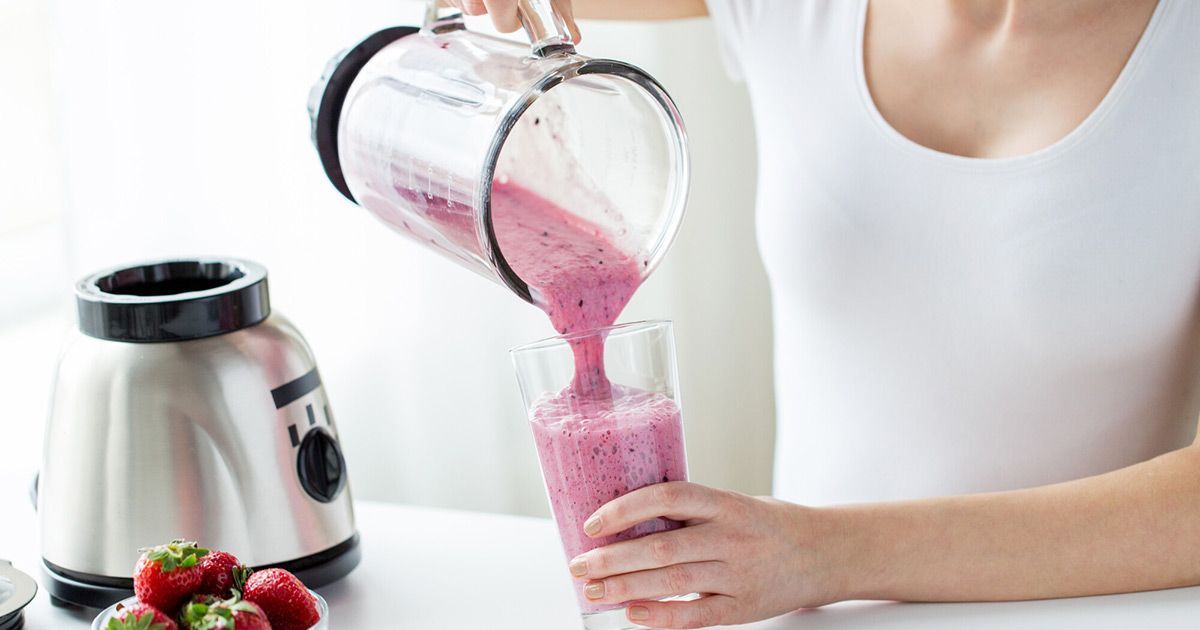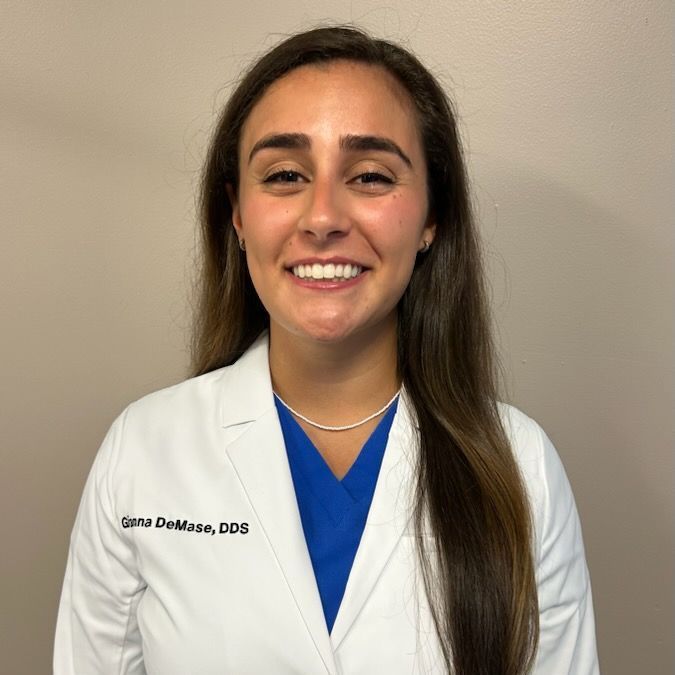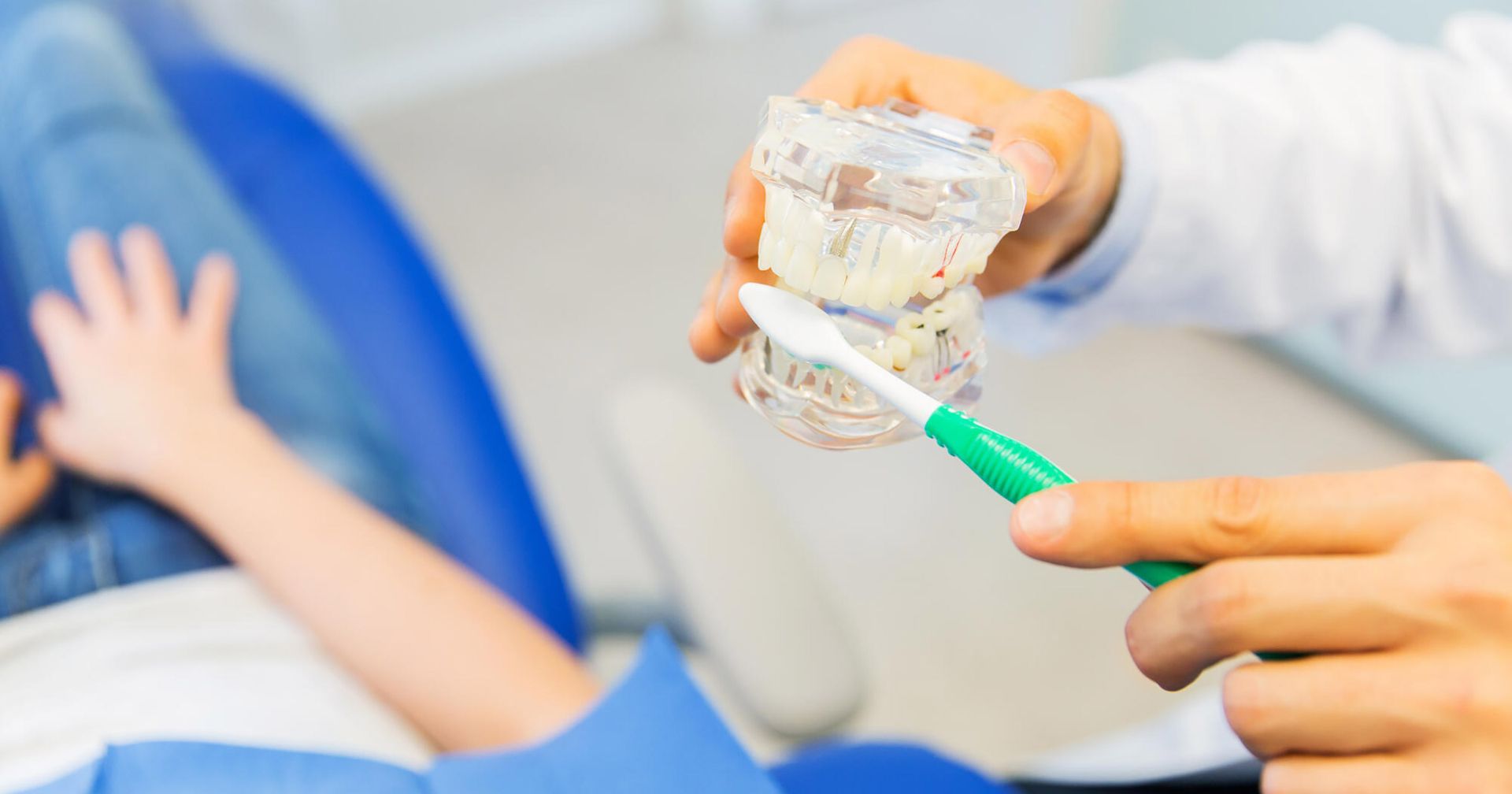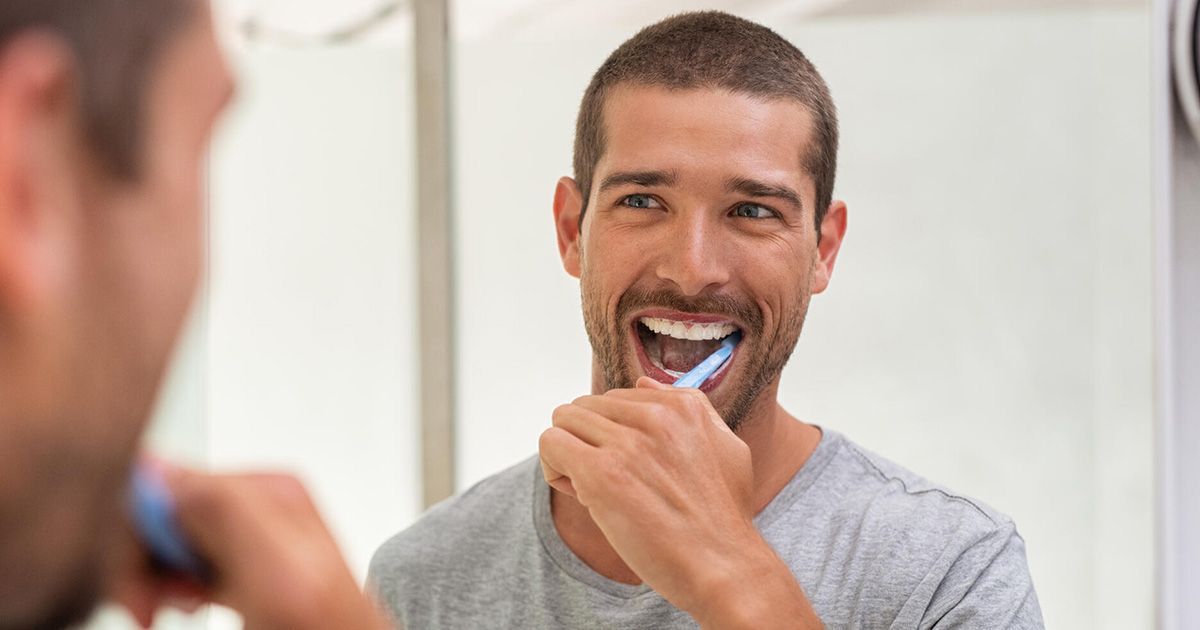What to Eat After Dental Implant Surgery
While your gums may be a bit tender and swollen after the procedure, discover what to eat after dental implant surgery.
Dental implants are a great way to change your life, including how you smile, talk, and eat. However, they can often prove a significant investment, even for those with insurance. You may end up paying as much as $5,000 per tooth.
As such, it's important to take care of your dental implant. This is especially true after surgery when your mouth is at its most vulnerable. The same goes for any kind of dental procedure, such as root canals.
Here's what to eat after dental implant surgery and what you should avoid.
What a Dental Implant Surgery Entails
Before you pursue dental implants, you should know what goes into the actual procedure and how it can impact your mouth in the following weeks.
A dental implant is one of the many ways you can replace missing teeth. Something like a bridge helps to bridge gaps in your bite, but it requires neighboring teeth to anchor onto. Bridges are also not permanent and will need to be replaced at some point.
In contrast, implants function much like the rest of your teeth. They're surgically placed into your jawbone with metal posts. The bone tissue heals tightly around the implant and keeps it from moving.
Endosteal implants are placed into the jawbone, while subperiosteal implants are placed under the gum line. The latter is used when there isn't enough natural jawbone tissue to build into.
There are a couple of considerations with dental implant surgery, though.
First, there needs to be enough healthy bone tissue if you want a secure implant. This may require a dental bone graft that will need to happen before the implantation procedure.
Additionally, it could take months for a dental implant to completely heal. During this time, you'll need to adjust your diet and lifestyle to achieve the best results.
Dental Bone Graft
A dental bone graft adds volume and density to the jawbone. Your jaw naturally loses mass over time if there are areas missing teeth. You may need a bone graft if it's been some time since you've had a tooth extracted and you want an implant.
Without sufficient bone structures, there won't be enough material to install the implants. In particular, people with osteoporosis will need bone grafts before implantation.
During the procedure, your gum tissue will be repositioned so that the bone grafting material can be added. When complete, the area is closed with stitches and may cause swelling and bruising in the following days.
A complete recovery afterward may take anywhere from three to nine months. What this means is that anyone wanting dental implants will need to wait at least a few months before they can get one.
As for what to eat after a dental bone graft, you'll want to stick to soft foods and cooler liquids for a couple of days. After that, you can return to a normal diet but will need to avoid chewing on the surgical site as long as you can.
What to Eat After Dental Implant Surgery
Your diet after dental implant surgery is much more important, as your implant will come into contact with your food frequently. It's hard to avoid, but it's necessary to stick to certain foods when eating after dental implants have been placed.
Immediately After
The first few days after your procedure are some of the most crucial. Eating the wrong foods during this time can cause a major setback and ruin the results of your dental implant surgery.
As such, your best option is to adopt an all-liquid diet for up to a week after your appointment.
Some foods you should try include:
- Smooth soups
- Broths and bouillon
- Meal replacement shakes
- Fruit smoothies
- Juice blends
Avoid anything chunky or chewy. That also means you shouldn't eat anything like pudding or yogurt that will stick to your teeth and possibly get stuck in your stitches.
Another thing to keep in mind is to avoid straws. Any kind of sucking action can cause your sutures to come loose and potentially dislodge a blood clot.
Weeks In
After a couple of weeks, you can upgrade your diet to softer items. Some soft foods to eat after dental implants include cooked cereals, mashed potatoes, scrambled eggs, and soft-cooked meats.
Soft fruits are another good option to improve your health and avoid complications with your implant. More crisp fruit should be blended into smoothies if you want to ingest them.
After a Full Recovery
A full recovery after the surgery could take around six months. That means you'll need to stick to softer foods until your dentist gives you the go-ahead.
Even when they say you can start eating normal food again, you have to be careful. The area under the tooth may still be tender. Eating things like nuts and chewy food items could cause pain and strain in your jaw.
Pay attention to your mouth and how it feels. If something feels off, make sure to let your dentist know.
Foods to Avoid After Dental Implant Surgery
In general, the foods you should avoid moving forward are some of the same items that are dangerous to your natural teeth.
Limit your consumption of dark beverages like coffee, tea, and red wine. These can all easily stain your implants and lead to discoloration.
While you're recovering, stay away from sticky items like gum or taffy. They can loosen the implant and cause infections.
Acidic foods and drinks can negatively affect your immune system and also lead to infections. Avoid these until the incision site has completely closed up.
Let Your New Teeth Shine
Considering how expensive dental implants can be, it's important that you take care of them after surgery. The same goes for your mouth if you want to avoid an infection and unnecessary pain. Find out from your dentist what to eat after dental implant surgery and how to care for your investment.
If you're interested in need of a dental checkup or some other procedure, look no further than Putnam Bright Smile Dentistry. Our dental services are top-of-the-line in the Brewster, NY area. Contact us to learn more and book an appointment today.
Dr. Rohit Z Patel
D.D.S
After graduating at the top of his class, Dr. Patel continued his postgraduate studies in endodontics at Columbia University College of Dental Medicine in New York. He was appointed to assistant clinical professor of dentistry at Columbia University and later moved on to teach at the Montefiore Medical Center’s Department of Dentistry. Westchester Magazine recognized Dr. Patel as a “Top Dentist for 2012.”
Dr. Yung Kim
D.D.S
Dr. Yung Kim is a double board certified Periodontist and board certified Prosthodontist, educated to treat many extremely complex disorders involving gum disease, tooth decay, and oral pathology. His focus is on full-mouth, complex, surgical, and reconstructive dentistry. He has extensive knowledge of implant dentistry and advanced surgical procedures, specializing in teeth in a day and All-on-Four implants. He is also Invisalign certified and experienced with CAD/CAM restorations and dentures.
Dr.Santvana Vyas
D.D.S
Dr Vyas attended NYU College of Dentistry and earned DDS in 2016 at the top of her class. She was inducted into Omicron Kappa Upsilon (OKU), the national dental honor society and earned Outstanding Achievement Award in study of Prosthodontics.
Dr Vyas is an active member of American College of Prosthodontics (ACP) and American Dental Association (ADA). She is appointed as a Clinical Assistant Professor at NYU College of Dentistry. She is married and is blessed with two sons.
Dr. Gianna DeMase
D.D.S
Dr. DeMase received her undergraduate degree from Binghamton University where she double-majored in Biology and Spanish. She then earned her Doctor of Dental Surgery from New York University College of Dentistry where she graduated with honors in periodontics. After dental school, Dr. DeMase completed a General Practice Residency at Jacobi Medical Center, a level one trauma hospital. Here, she participated in community outreach in the women’s health clinic and taught medical students how to do oral exams. She also worked with special needs patients in Jacobi’s Rose F. Kennedy Center. Dr. DeMase remains committed to being active in the community.
Read More
Dr. DeMase has experience in cavity restoration, endodontics, oral surgery, oral pathology, and prosthodontics including implant restorations.
She highly values patient education and always ensures your comfort and understanding of the treatment. She strongly believes in patient centered care and therefore tailors each treatment plan to you and your needs. As a member of the American Dental Association, Dr. DeMase is always aware of the latest studies and developments in the dental field and strives to apply them to her practice. In her spare time, she can usually be found with a book in her hands.

















